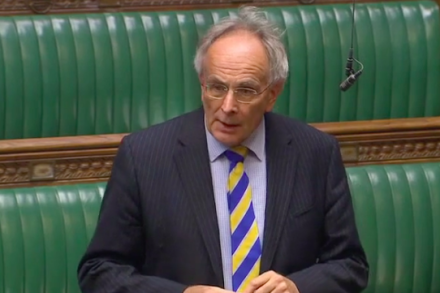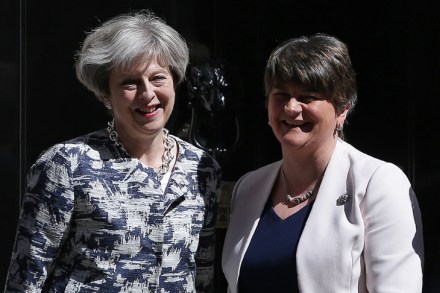If you want to get ahead in politics, wear a tie
O tempora, o mores! The Speaker yesterday announced that men no longer have to wear ties in the House of Commons. In fact, until now it’s only been a convention – not a rule – that they should wear one. And that’s exactly as it should be. Politics is far too important to be trumped by sartorial rules. If you elect your representative, they should be allowed to wear shorts or a T-shirt in the chamber. But not encouraged to. The thing about a suit and tie is that they just happen to make men look smarter than they do in shorts or T-shirts. A suit and tie lead to




















